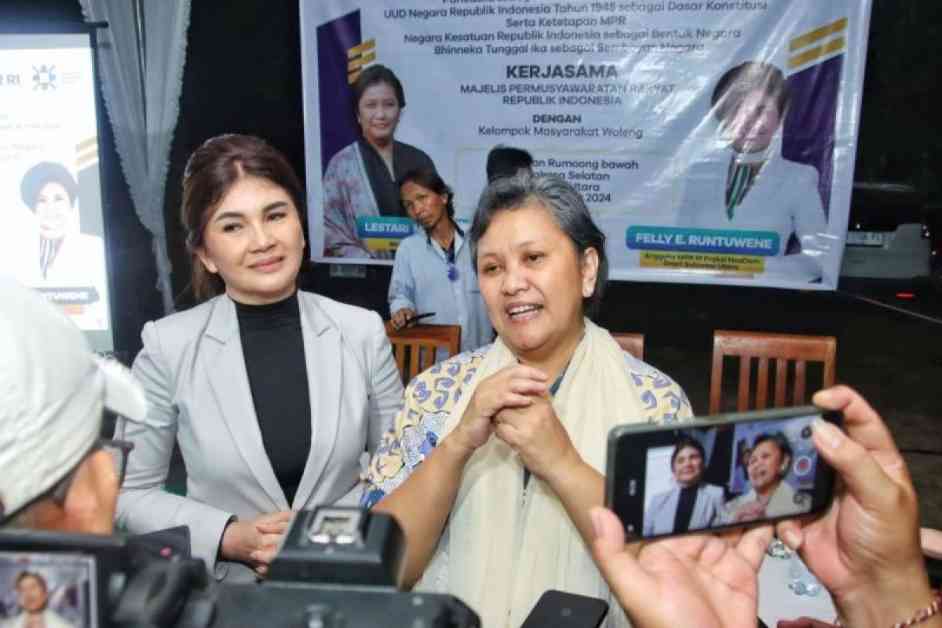Deputy Speaker Stresses Cultural Development Amidst Budget Cuts
In a recent statement, Deputy Speaker of the People’s Consultative Assembly (MPR), Lestari Moerdijat, highlighted the critical importance of sustained development in the cultural sector, even in the face of ongoing government budget cuts and efficiency policies. The Ministry of Culture, in particular, has been subject to these cost-saving measures, prompting Moerdijat to emphasize the necessity of prioritizing key programs to meet various developmental targets.
Challenges and Solutions in Indonesia’s Cultural Sector
Addressing a gathering in Jakarta, Moerdijat pointed out the numerous challenges facing Indonesia’s national cultural sector that require immediate attention and innovative solutions from stakeholders at both central and regional levels. She stressed the importance of fostering a shared vision among stakeholders to effectively meet the established development goals. By fostering collaboration between the community and stakeholders at all levels, Moerdijat believes Indonesia’s culture can flourish, reinforcing the nation’s identity, character, and competitive edge, ultimately benefiting society at large.
Ministry’s Priority Programs and Cultural Enrichment
Following Moerdijat’s remarks, Minister of Culture Fadli Zon unveiled several priority programs within the Ministry, aligning with President Prabowo Subianto’s efficiency directives. These initiatives include the revitalization of cultural areas, preservation of cultural heritage and museums, as well as the repatriation of cultural artifacts from overseas, such as historical manuscripts held in the United Kingdom and the Prasasti Pucangan inscription in India. Additionally, the Ministry aims to advance national culture by safeguarding endangered regional languages, ensuring their survival for future generations.
As stakeholders navigate the challenges posed by budget cuts and efficiency policies, a concerted effort to prioritize cultural development remains essential. By fostering collaboration, sharing a common vision, and investing in key programs, Indonesia’s cultural sector can continue to thrive, enriching the nation’s cultural heritage and bolstering its global standing.






















